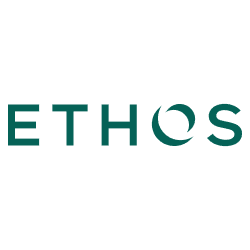Life insurance gets more expensive as you age, but seniors still have solid options for coverage. Choosing the right life insurance is especially important for seniors who want to protect their loved ones, cover final expenses, or leave a financial legacy.
With many policy types available, including term, whole life, and guaranteed issue coverage, it can be difficult to know which option offers the best value. We analyzed the best life insurance for seniors available today to help you choose the right policy for your needs.

















